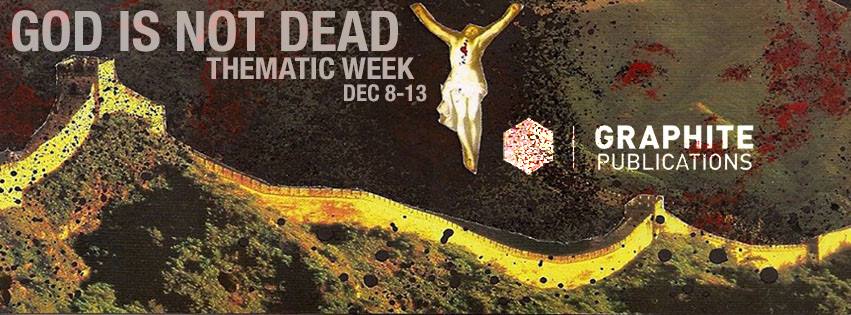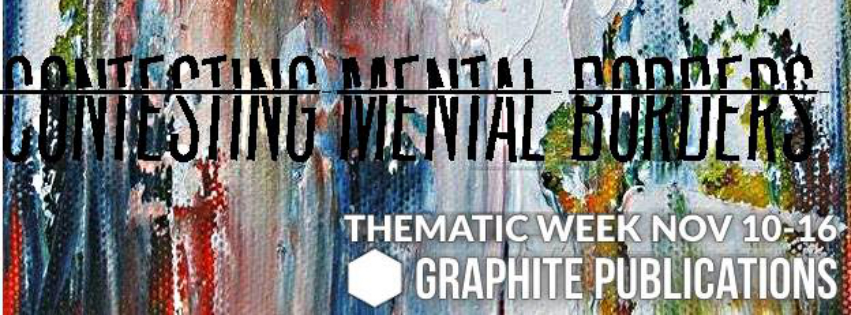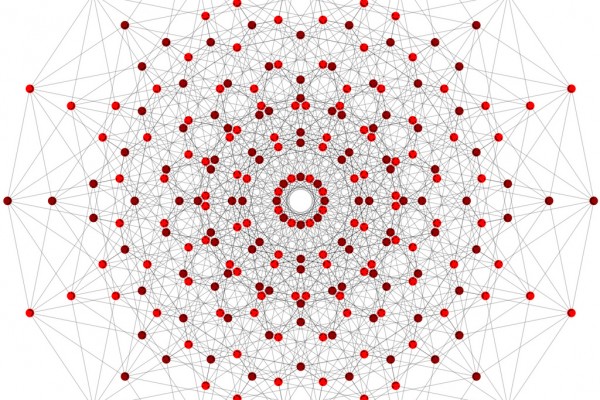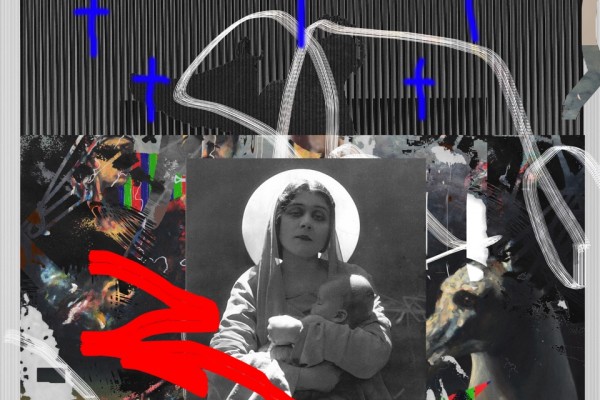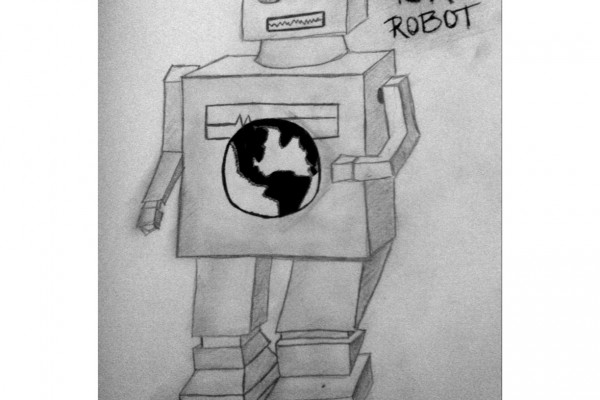You’ve been in the relationship for a while. You don’t remember what it was like before you were in it. It’s impossible for you to imagine a future without it. Your story is inextricably intertwined with it; you’ve developed a dependency. Still, you feel like there’s something wrong. Something nags at you. A question. What else is out there? Is this the best that I’m capable of? A relationship is a reflection of you. If you stay in a relationship that has a negative impact on you, likely it is because you can’t imagine you deserve better, or you can’t imagine that you’d be able to find something better. From within the relationship, it’s often difficult to discern to what extent it is a positive or negative thing in your life. You’ve invested so much, and as with anything, there is some good, and some bad. Remember, though, a relationship takes work to be happy just as it takes work to be happy alone. There is no easy way out, and no right answer, so you might as well be doing what makes sense to you. If you’ve got doubt, don’t push it down. You have to examine it, because it will never go away if you don’t. Afterwards, whether you decide to stay in the relationship or leave it, you will have conviction in your decision, and this will afford you a much greater happiness either way. There’s only one rule in the examination: don’t lie to yourself. The type of relationship I’m talking about is the one we have with the paradigms we’ve constructed. I think at the moment we’re all willing to experience a certain amount of discomfort, as long as we can keep telling ourselves the story we’ve been told. The trajectory of our lives is quite clearly laid out, and the expectation is that if you follow that trajectory, you should feel fulfillment or happiness. There are milestones we are expected to meet, for example, the completion of a university undergraduate degree. But our narratives have become more and more homogenized. We have put a large amount of our trust in a material and goal based narrative because it’s easily understood and measured. We focus less and less on spiritual fulfillment because it’s elusive and intangible. When we doubt the paradigm, we feel the absence of narrative complexity. There are a lot of things that don’t seem to fit in our paradigm, and instead of adjusting, we tell ourselves they aren’t relevant, or worth risking what we’ve built. The way we justify it to ourselves goes something like: “Okay, things aren’t perfect, but look at what you’ve got! It’s the best you’ve ever had, and even if it feels wrong in places, you don’t have a better idea, do you? You don’t want to give this all up, to find there’s only unhappiness on the other side. Just stick with what you’ve got, and you’ll be fine.” This story perpetuates fear and insecurity; it’s what feeds it. That fear and insecurity initially comes from ignoring your instinct and suppressing your feelings of doubt. It’s instilled within you through the dependency on the paradigm, and by doubting yourself you allow it to breed. You can’t imagine a new paradigm without leaving behind the old one. Destruct before you reconstruct. Even after you break up, it’s hard to see anything as appealing. You have to find stability before you can rebuild. To do all this, you need to trust yourself. Trust that you will make the right decision now, and later. It’s good to be critical of yourself and whatever story you begin to tell in place of the old, but be honest with yourself, and hold yourself to the standard you know you’re capable of. Don’t be afraid, and don’t be lazy. To help you through this process, a step-by-step guide to breaking up with the paradigm.
- Decide what is working, and what is not. Go for the classic pros and cons list. Enough said.
- Decide if it is possible to fix, or if you have to break it off. Either way, it’s going to take effort. You need to consider the effort you’re willing to put in, as well as the effort the paradigm provides. Don’t forget, your paradigm’s already telling you that it’s the best you will ever have. That doesn’t really indicate that it’s willing to change.
- Stay strong, don’t flip-flop. It helps if you’ve written down why you broke it off in the first place, to remind yourself why you’re doing this when your mind starts playing tricks. That little voice inside starts saying: “Remember how easy it was?” and you’ve got that proof to remind you that it wasn’t so simple; hence the pros and cons list.
- Allow yourself time to feel the loss. At first, yeah, it fucking hurts. You’ve yanked a huge piece of your life out, and there’s a gaping hole where your comforting paradigm once was. Feel that pain, but don’t let it consume you. You need to actively work to not wallow.
- Be patient. Don’t dwell in the past, and don’t push for the future. Similar to 3 and 4, don’t be hard on yourself and start thinking, “Maybe I really got rid of something amazing” or, “Why haven’t I made a better world yet?” It takes a long time to make a full recovery. Isn’t the rule loosely that it takes half the time of the relationship to get over it? The paradigm has been around for a very long time, so the recovery will be difficult.
- When you’re ready, be open to whatever comes your way. There’s a lot of awesome, surprising stuff out there you never knew about. Don’t shy away when you encounter the unknown. Try it on, test it out, and if it doesn’t work, great! On to the next one.
The biggest trouble is that we need to do this collectively. We not only need to trust ourselves, we need to trust in each other. This is unprecedented in relationships, at least as far as I know. I don’t think people generally time their break-ups in sync. But I’ve got that nagging feeling, and I’m willing to bet you’ve got it too. We can’t just keep talking, though; we need to act! We’re all scared shitless, and not sure if we’re ready to give up our securities, but instead of letting your imagination run away with the worst case scenario, imagine, instead, what incredible possibilities lie ahead. Have confidence in your vision, be excited about it, and work hard for it because you know it’ll be worth it. Don’t sell yourself short. We’ve never known anything but the paradigm we belong to today. How many first relationships are normally the last? The first step is to take that blind leap, because we’re trying to get to where no one’s been before.
- By Ariane Fairlie

